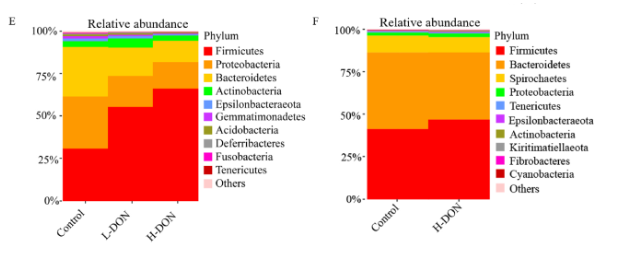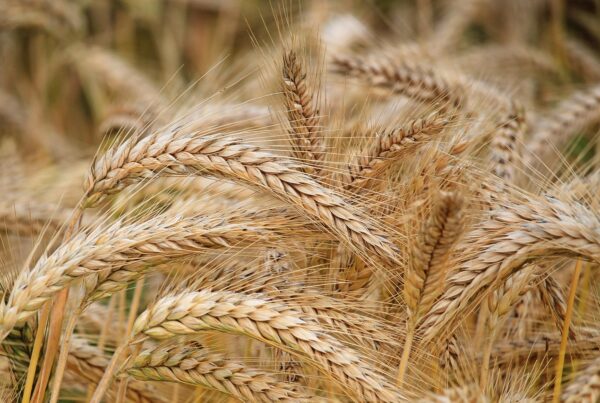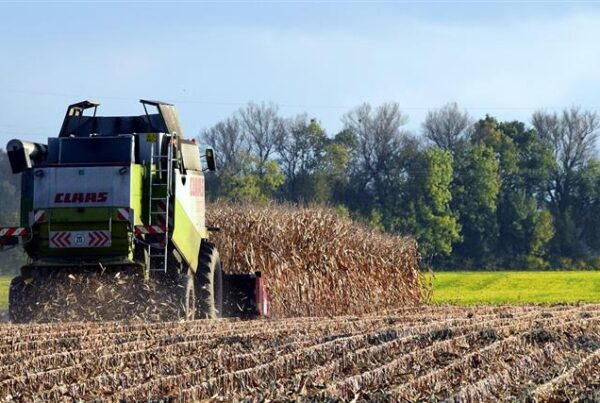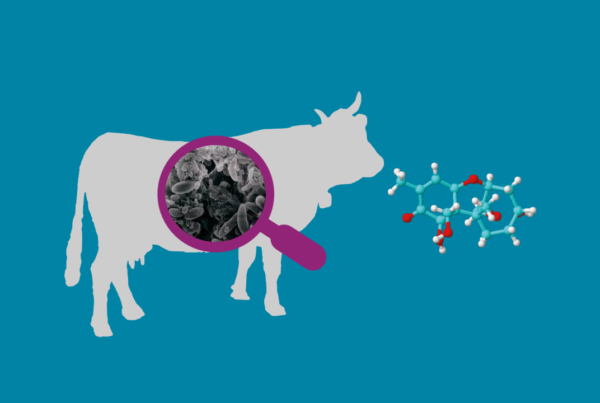Swine and poultry feeds are often contaminated with deoxynivalenol (DON), which is known to be the most at risk mycotoxin for livestock. DON is known to damage the integrity and function of the intestine. In this study, Jia et al. investigated the effects of DON on the intestinal microbiota of chickens and pigs.
Gut microflora is affected by DON
The study revealed that DON can cause intestinal flora imbalance. DON increased the relative abundance of Firmicutes and decreased the relative abundance of Proteobacteria and Bacteroidetes, resulting in a significant increase in the Firmicutes/Bacteroidetes ratio in pigs (Fig. 1F). A high ratio of Firmicutes/ Bacteroidetes has been associated with diarrhea. DON also significantly decreased the relative abundance of Proteobacteria in broiler intestines (Fig. 1E). In addition, Prevotella abundance decreased, and Prevotella is beneficial for intestinal homeostasis and health.

Figure 1: Relative abundance of the top 10 bacterial genera in the jejunum of broilers (left) and pigs (right), with different exposures to DON.
It is suggested that the observed changes in intestinal microflora are mainly related to the changes induced by DON on metabolism and digestive function of the animals. Finally, the trends in the intestine of broilers and pigs had similarities as well as differences. This may be related to the intensity of DON-induced toxicity in each species.
Reference: Jia B., Lin H., Yu S., Liu N., Yu D., Wu A., 2023. Mycotoxin deoxynivalenol induced intestinal flora disorders, dysfunction and organ damage in broilers and pigs. J Hazard Mater. 451; 131172. https://doi.org/10.1016/j.jhazmat.2023.131172




